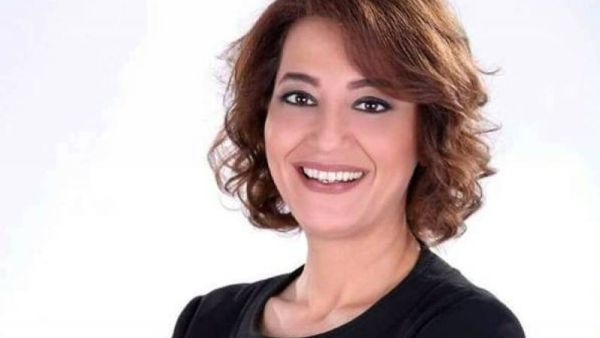Mireille Aoun-Hachem, the daughter of President Michel Aoun, put blame on caretaker Interior Minister Nouhad Machnouk for the shortcomings of the controversial naturalization decree released earlier this year, in comments published Tuesday.
“The interior minister did not do his job properly. If it is proved that there are names that were not deserving, he will be the one” responsible, Aoun-Hachem told local daily Al Joumhouria in an interview. She was referring to the contentious decree announced in late May that gave citizenship to roughly 400 foreigners and caused outrage because of its secretive formulation and passage.
Both the decree and Machnouk were criticized when General Security studied the decree after it was published and was reported to have found dozens of people who raised security concerns or had other outstanding issues. These findings were despite the fact that Machnouk said it had been checked by security agencies and against judicial records before it was released.
The decree was signed by Aoun, Machnouk and Prime Minister-designate Saad Hariri. “The president relies on an interior minister who is supposed to have done his job” – getting security agencies to scrutinize all the names on the decree – to deliver “a flawless file to the president,” Aoun-Hachem said.
She added that talk of 85 “suspicious” names on the decree, which were said to have been listed in a report that General Security chief Maj. Gen. Abbas Ibrahim gave to Aoun following his investigation, was unfounded. Rather, she said points had been raised merely about “incomplete files.”
Moving to matters internal to the Free Patriotic Movement – which her father founded – Aoun-Hachem said that its current head, Aoun’s son-in-law Gebran Bassil, had made a decision to allow MPs in the party to also be ministers.
The decision goes against a growing trend among political parties in Lebanon, particularly Hezbollah and the Future Movement, to split the two fields of work.
"The principle of separation [between ministerial and parliamentary work] is fundamental in the framework of accountability and the fight against corruption. It was endorsed by the president of the republic when he was [FPM head] and after his election as president. Today there is a new head of the FPM, and he has decided not to take that path,” Aoun-Hachem was quoted as saying.
Bassil himself has been a minister for 10 years and became an MP for the first time after May’s parliamentary elections, following two failed attempts in his hometown of Batroun.
This article has been adapted from its original source.








